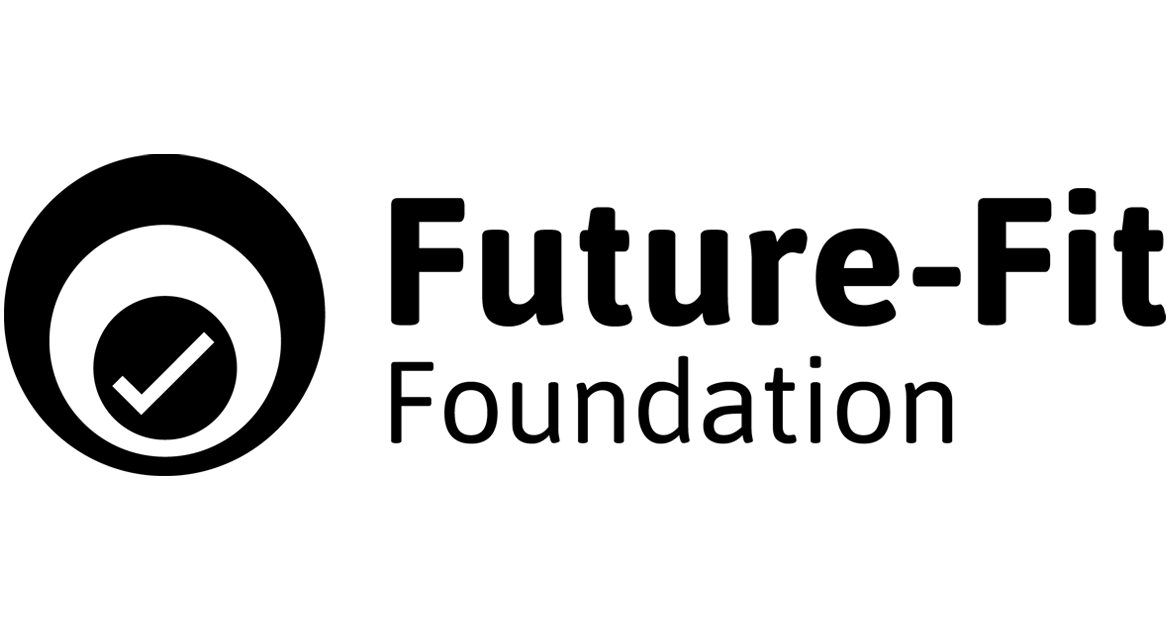30 years of advising leaders - now focused on the leadership the world needs.
My interest is the future of the world, and how we can collectively work to ensure that future is one where everyone, everywhere, enjoys quality of life. That sounds idealistic, but it really shouldn’t be that hard. We have everything we need in our world today to make this possible. What we lack is the mindset, leadership and collaboration to bring it about. My purpose is to do everything I can to nudge us in a positive direction, in particular by trying to influence those in positions of power, who are fortunate to have the ability to make a big difference. I don’t just mean politicians. I am interested in changing the mindset of business leaders, to run businesses as a force for good in the world.
How did I come to this point in my life and my purpose?
My passion is history, which I studied at university. History underpins my interest in geopolitics and questions about what has brought about the world we live in today, and what might shape the world in the future.
After university my career developed around the procurement of infrastructure projects, first in the UK Civil Service, then in the investment banking arm of Citigroup, and finally in KPMG. Advising on projects like wind farms, roads, schools and hospitals, made me realise that infrastructure is the foundation of our civilisation. Without infrastructure we are back to a primitive existence.
Over the last decade I have held senior global roles in KPMG, ultimately as Global Head of Infrastructure, Government and Healthcare. I have experienced the perspectives of governments, businesses and citizens all over the world, in some of the poorest countries as well as the richest.
In 2020 I was asked to take on the leadership of KPMG Impact - a relaunching of our global sustainability business. That role raised my awareness of climate change and other global challenges such as the destruction of nature and growing financial inequality. My purpose became clear - to share my insights and try to galvanise urgent action to protect this beautiful planet we inhabit, and enable a better future for everyone, everywhere.
The Countdown Clock
The countdown clock indicates how urgently we need to act to decarbonise and slow the rate of global warming. It forecasts the time remaining until the temperature of the planet reaches on average 1.5 degrees celsius higher than before the industrial revolution. Although 1.5 degrees doesn’t sound much, it is the point at which the world would start to see irreversible changes in our climate systems, jeopardising the ability of the planet to self-regulate its temperature. After that threshold is passed, it is not certain that human ingenuity can stop the planet’s temperature continuing to rise to levels where it becomes impossible for humans to live.
The countdown clock is drawn from the website of the Potsdam Institute for Climate Impact Research.
Shared Purpose, Shared Values
These organisations are all entities focussed on helping solve the world’s biggest challenges, to create a better future for everyone, everywhere. They all recognise that systemic challenges need systemic solutions and believe in the power of collaboration between diverse groups of stakeholders, and visionary leadership, to develop those solutions.
Future-Fit Foundation is a UK registered charity which helps businesses to play their part in building a better world. The charity’s vision is a Future-Fit Society, where humans and other life flourish on Earth forever by being environmentally restorative, socially just and economically inclusive. Their Future-Fit Business Benchmark is a methodology that any business can use to guide, measure and report on their progress.
The Bridge Institute is a global, non-partisan, apolitical, not-for-profit organisation that seeks to solve the world’s most intractable challenges. The Institute builds coalitions to seek ecosystem–level solutions to systemic challenges, which need to be overcome to meet the UN Sustainable Development Goals. These include major conflicts, climate change, the refugee crisis, and combatting human trafficking, gender-based violence, and child marriage.
Engineers Against Poverty is a more than 25-year-old UK charity dedicated to supporting global environmental sustainability and social equity through effective infrastructure governance particularly in emerging markets. Their work helps ensure that infrastructure projects are procured and delivered to the highest ethical standards.
International Coalition for Sustainable Infrastructure
ICSI is a global engineering-led coalition dedicated to making resilience and sustainability a cornerstone of every decision in the infrastructure lifecycle in communities around the globe. Like the Bridge Institute it recognises that systemic problems need systemic solutions and ICSI works to bring together key stakeholders including engineers, city leaders, investors, academics, NGOs and businesses to co-create those solutions.
Institution of Civil Engineers
The Institution of Civil Engineers is a global membership organisation with a more than 200 year history, that acts as a centre of engineering excellence. With infrastructure responsible for around 80% of the world’s carbon emissions, the ICE is on the front-line of helping drive the transition to a decarbonised world, through its advocacy and the advice of its network of experts to business and political leaders.
World Business Council for Sustainable Development
The WBCSD is a leading community of global businesses who all recognise that their sustainability performance is a key driver of their competitiveness. Working through a global organisation and local chapters, the WBCSD supports businesses to cut their carbon emissions, embrace circularity, become better aligned with nature, act ethically and invest in the leadership skills needed to drive collaborative, systemic change.
Resilience First is a not-for-profit business network, founded in 2018, helping support the organisational resilience of its members whilst contributing to society’s wider resilience through a ‘whole of system’ and ‘whole of society’ approach. At the core of their work is the Model for Organisational Resilience. The Model provides a measurement-led approach to organisational resilience, supporting capacity and capability building, alongside the deployment of practical case studies and tools.







